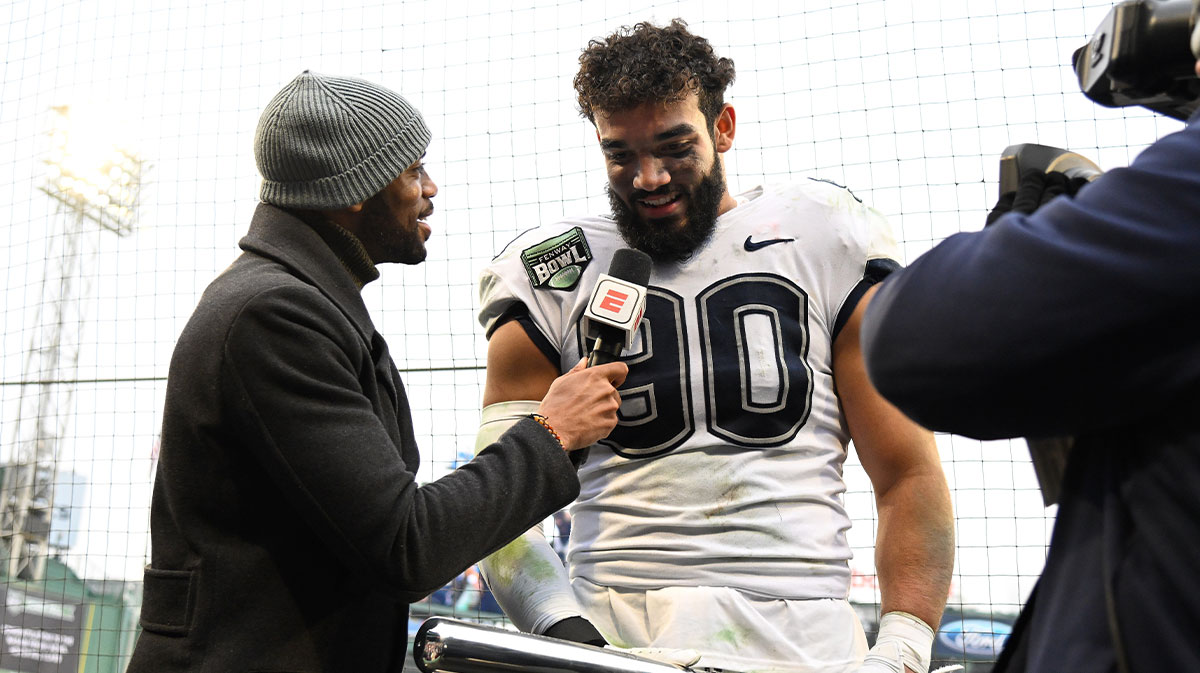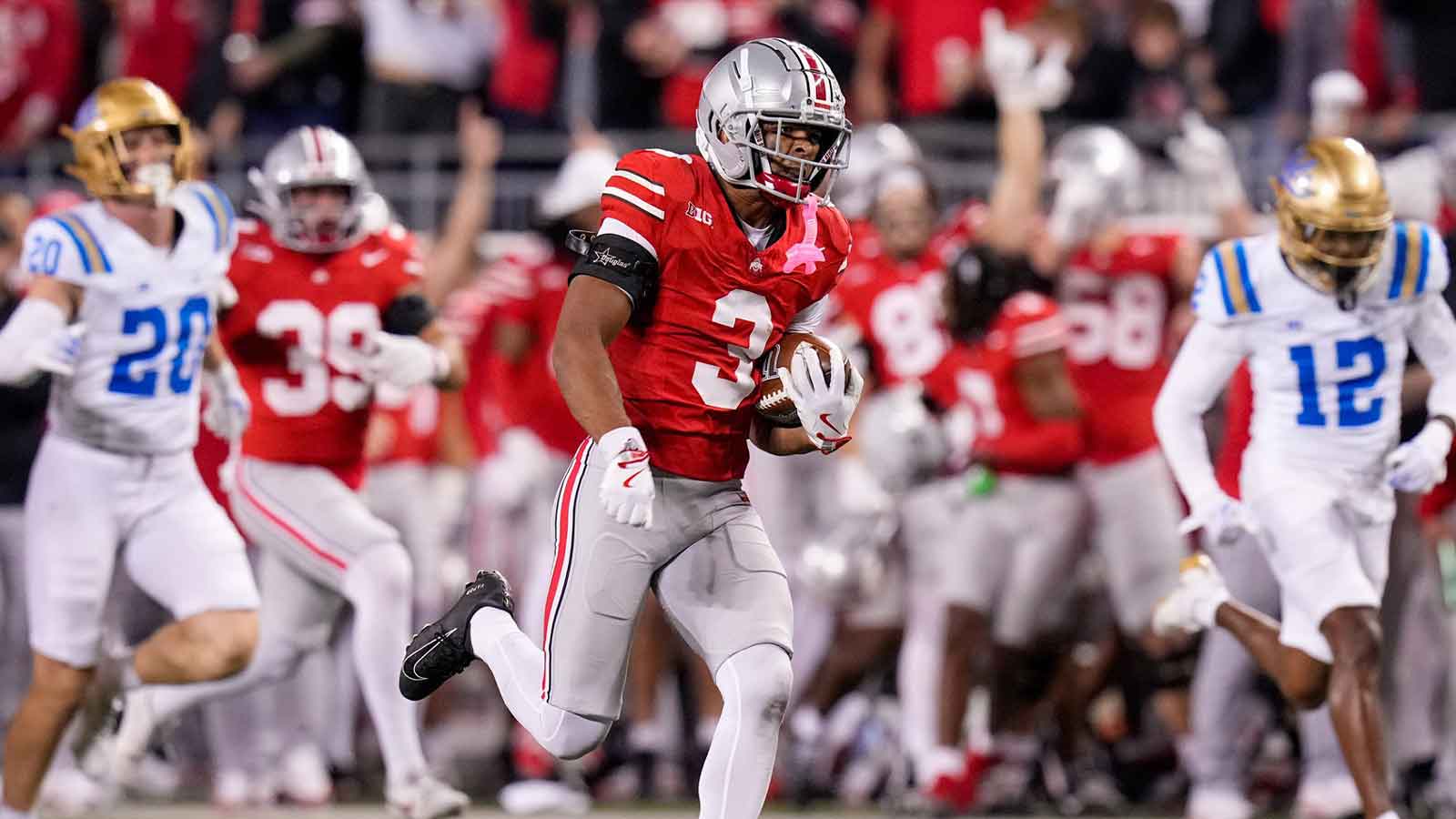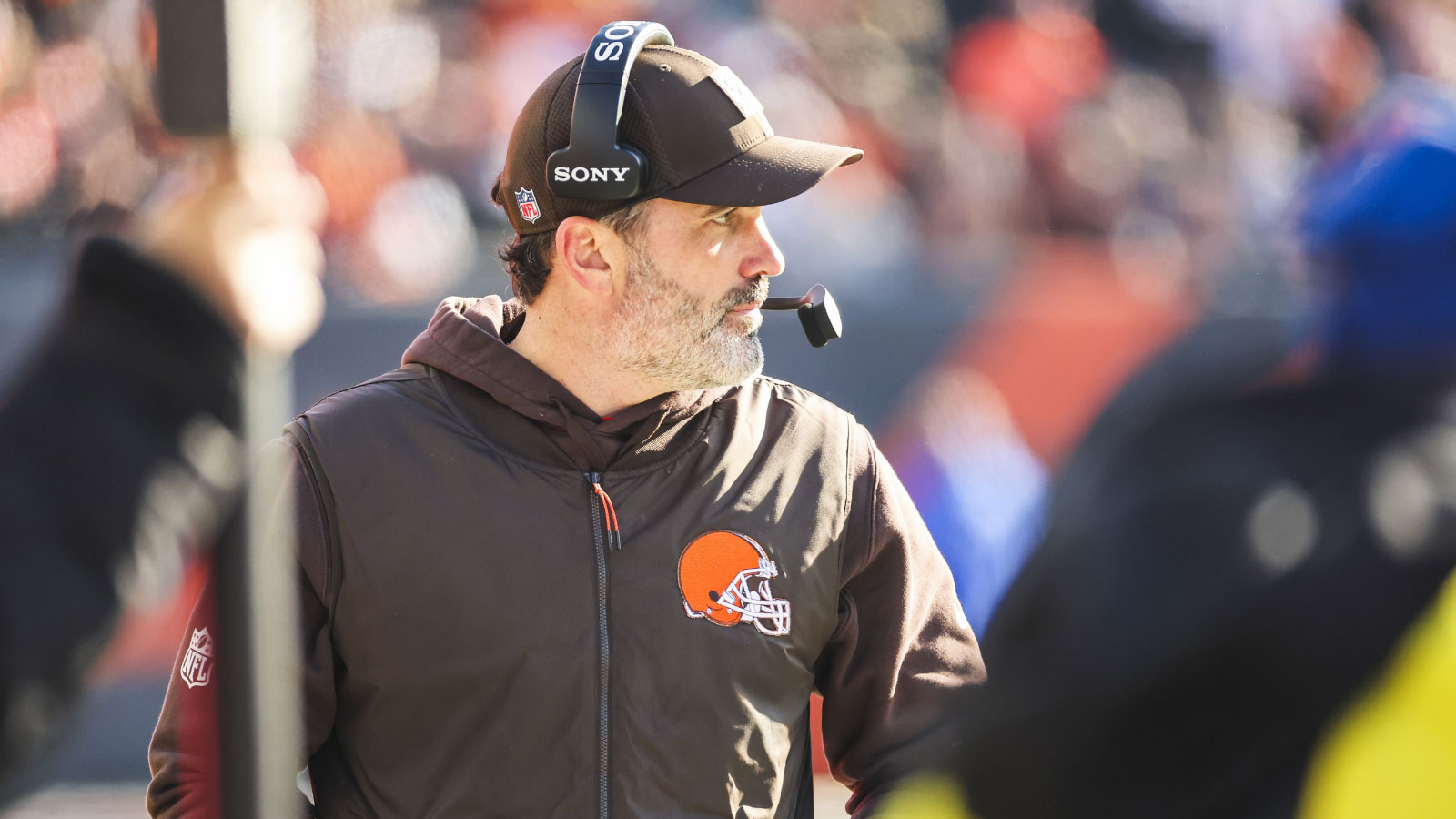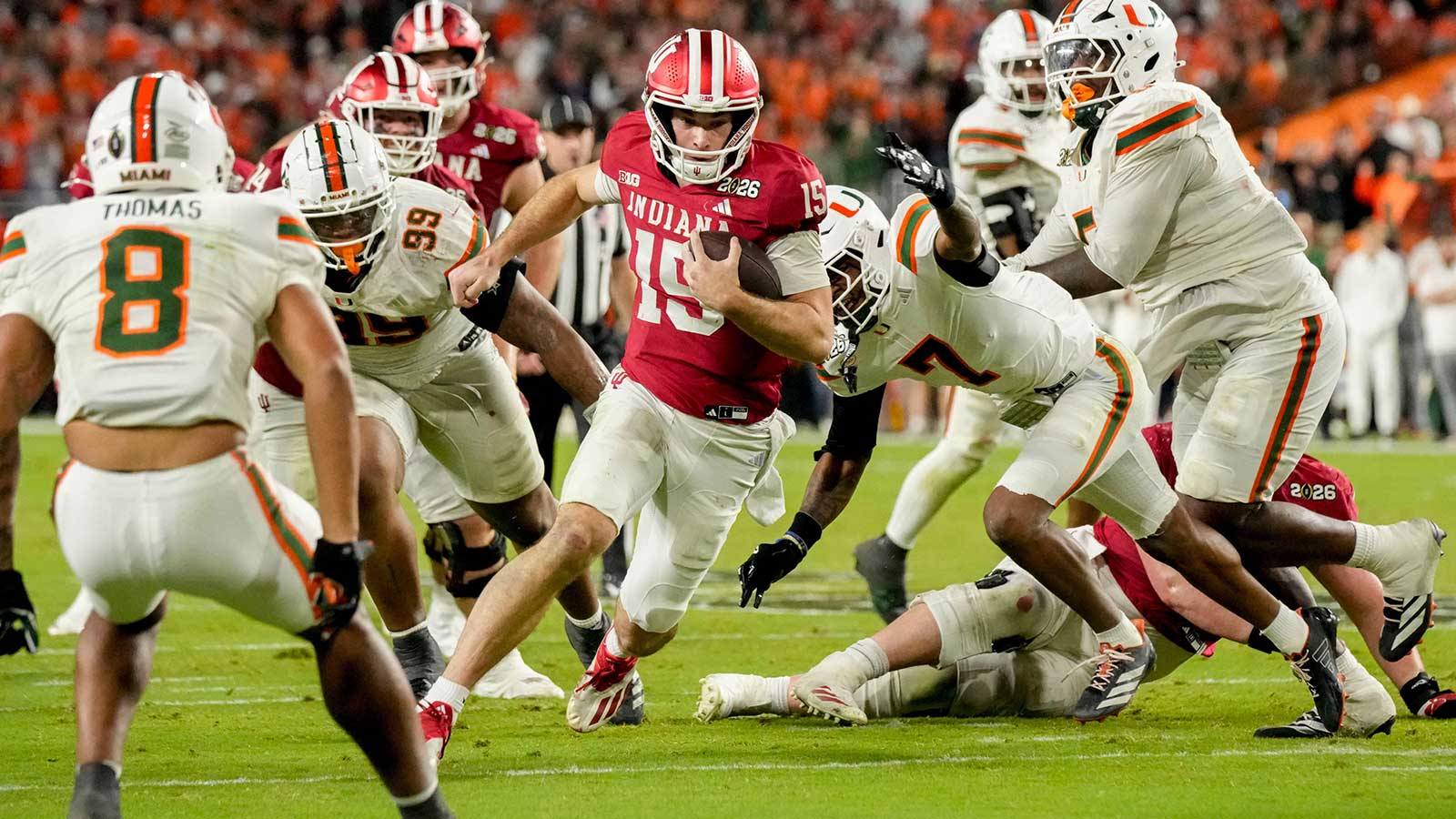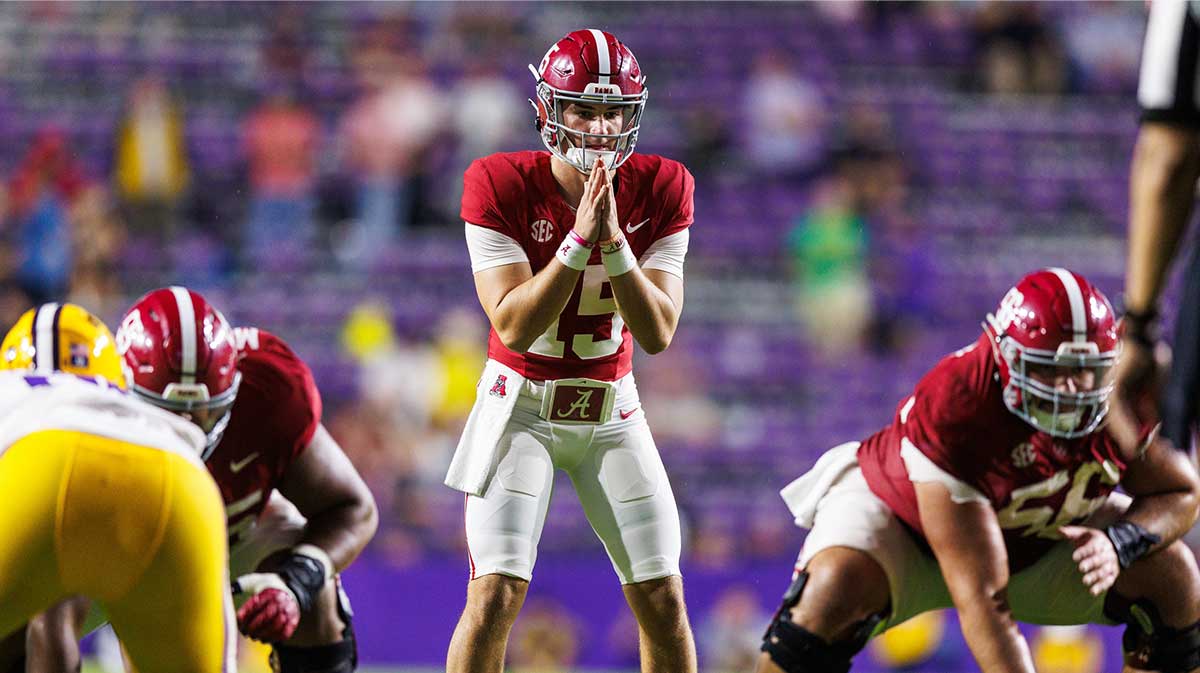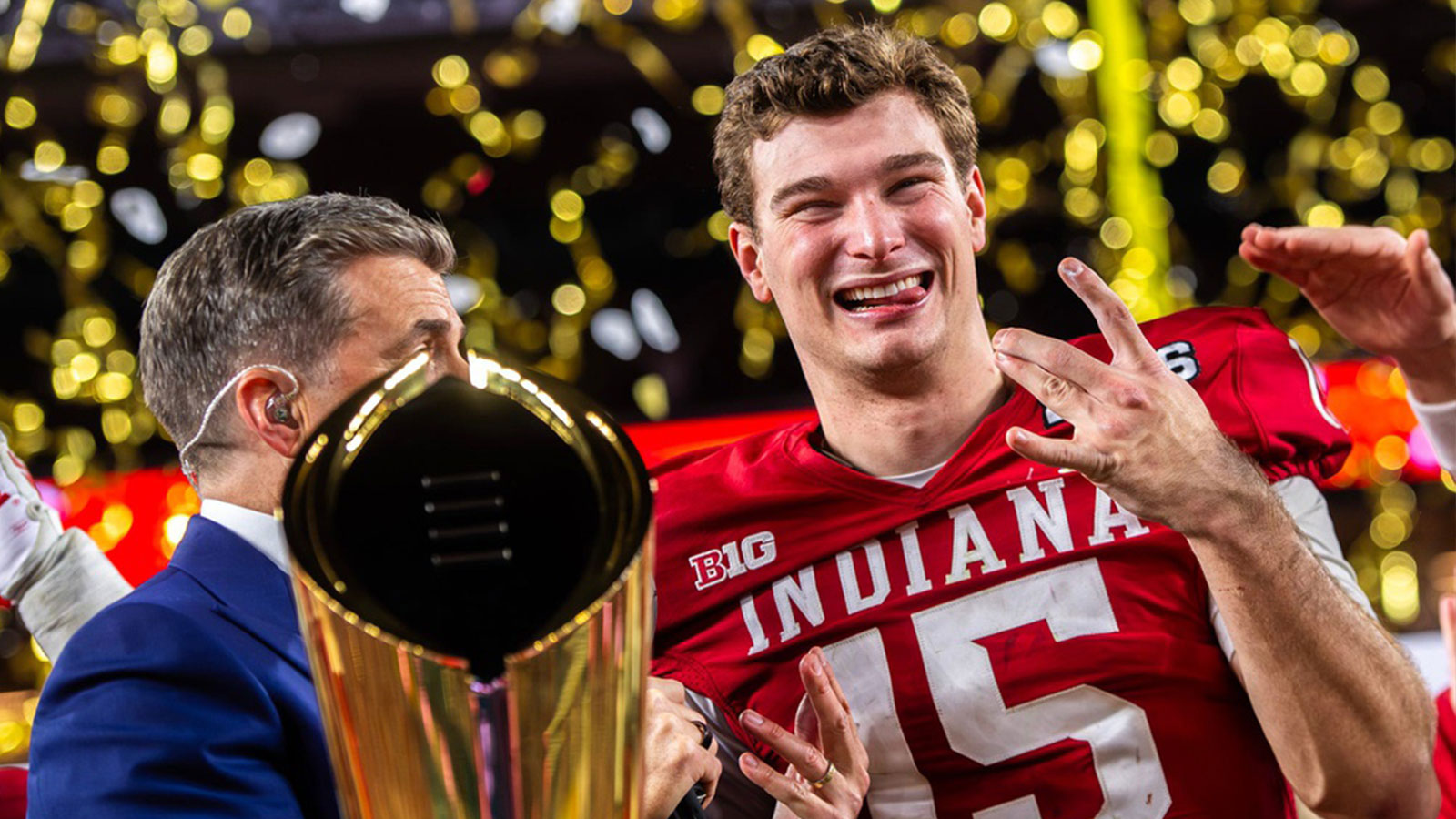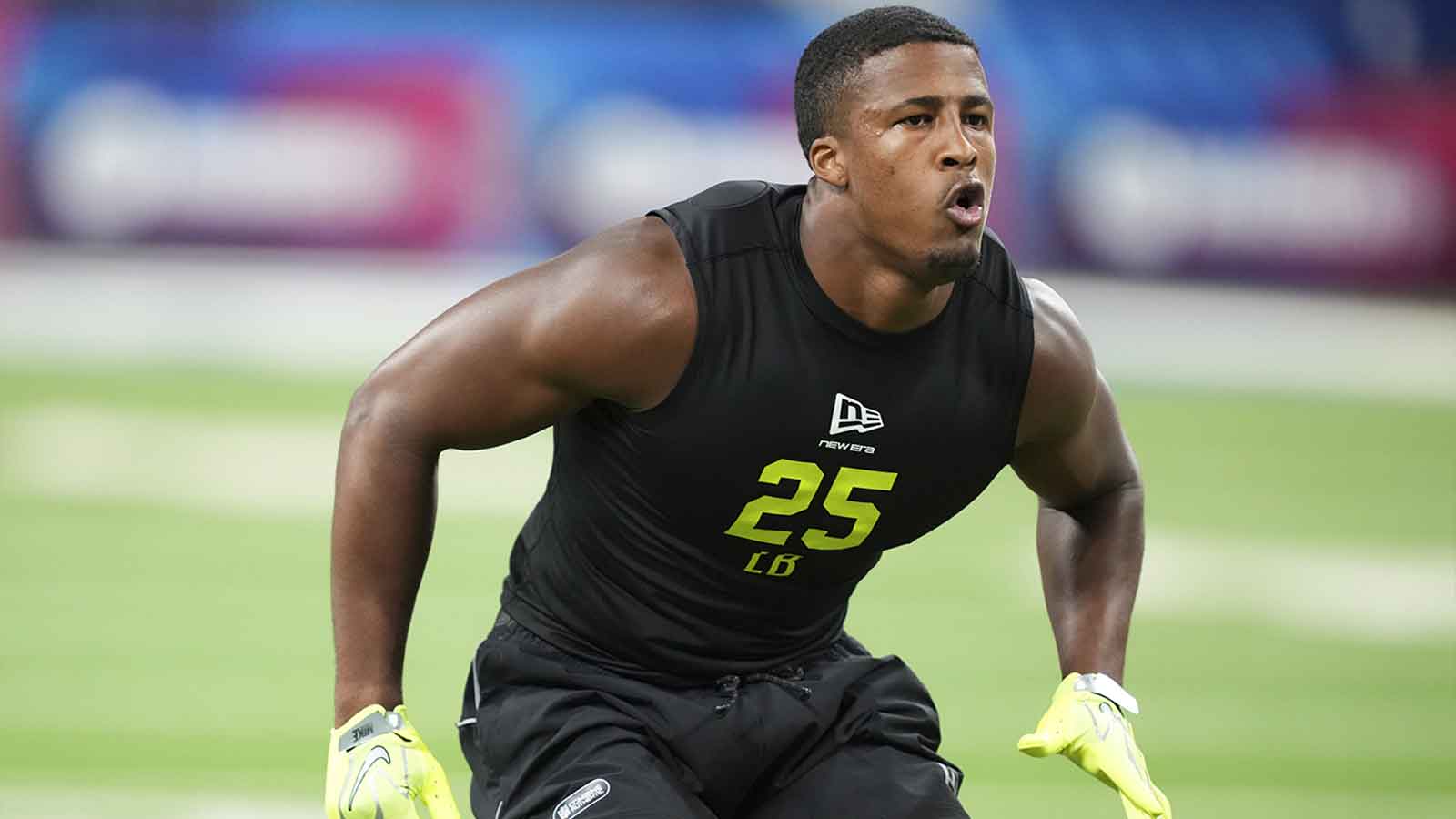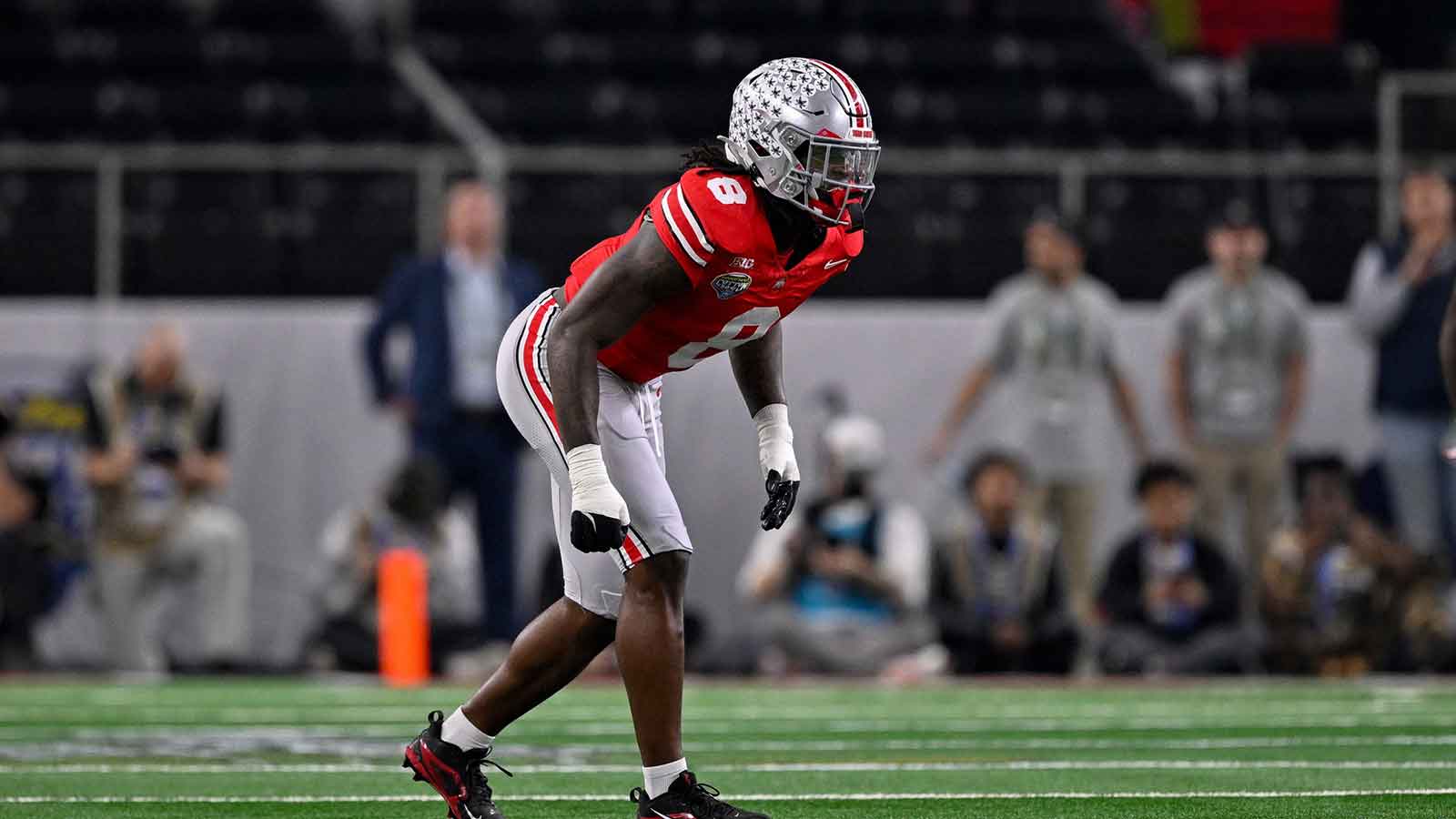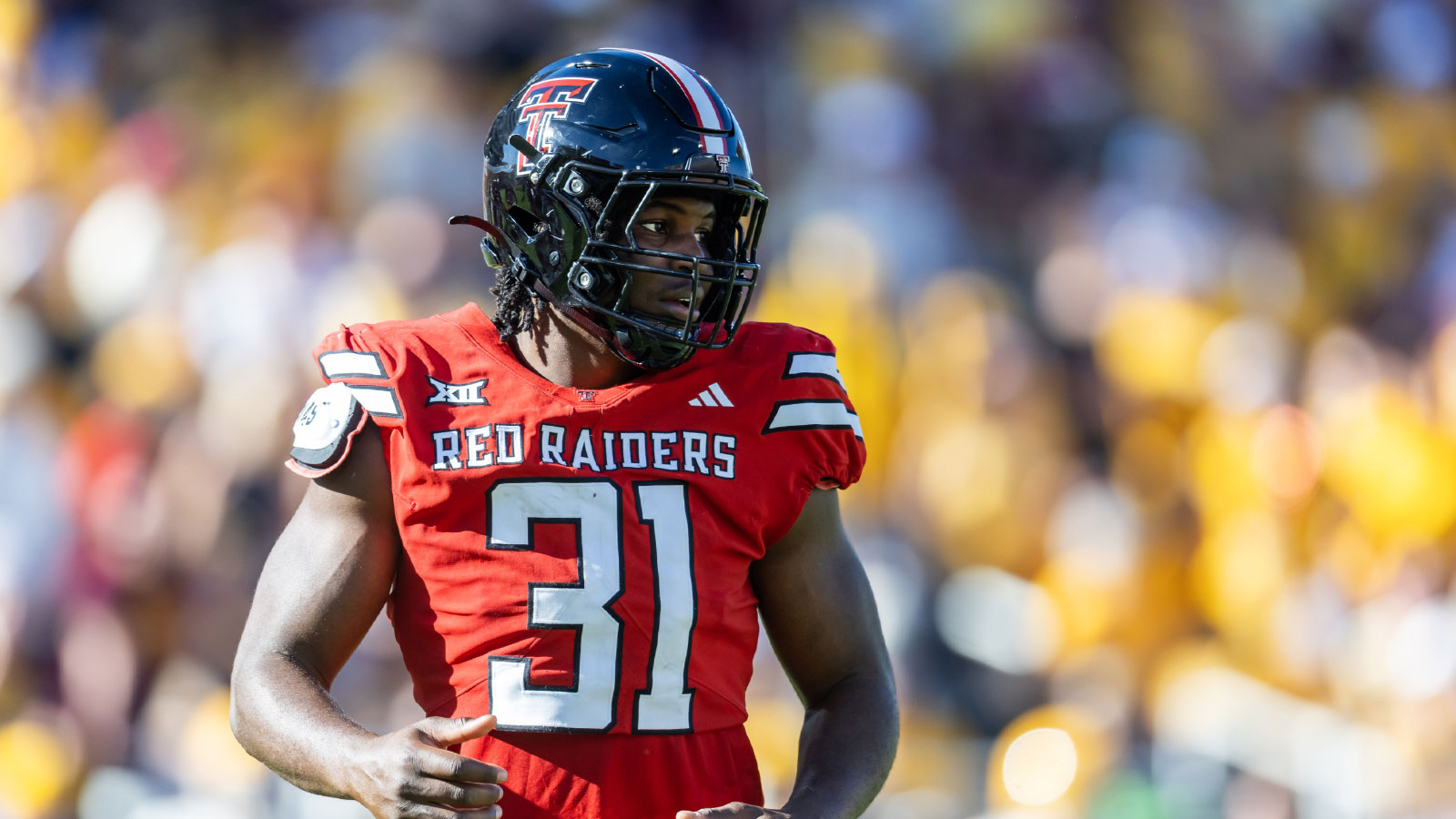The North Carolina Tar Heels football program will move forward without defensive end Pryce Yates, who is no longer part of the team due to recurring concussion symptoms. His departure ends a brief stint for the transfer pass rusher, who joined the Tar Heels ahead of Bill Belichick’s first season in Chapel Hill and was expected to help stabilize the Tar Heels' defense.
InsideCarolina, a popular UNC sports outlet, took to X (formerly known as Twitter), sharing that the pass rusher was no longer on the team following ongoing health complications.
“Pryce Yates no longer is with the UNC football team, sources confirm. As we reported Monday, the former UConn standout Yates had been contemplating whether to continue on with the Tar Heels due to a recurring injury situation.”
The Yates injury situation mirrors the concussion struggles that limited his final year at UConn, where he built a reputation as a disruptive edge defender. He transferred to Chapel Hill in January 2025 and was expected to provide veteran leadership and boost a defense that ranked near the bottom of the ACC in sacks and pressures last season.
Unfortunately, his time in Chapel Hill was cut short. After sustaining a concussion during preseason camp, Yates appeared in just one game — a 38–10 blowout loss at home to the Clemson Tigers — before symptoms resurfaced. Sources confirmed he had been weighing a possible medical retirement, a growing topic in college football concussions and player safety.
Yates’ departure deepens concerns about a North Carolina defense already struggling to pressure opposing quarterbacks. Through seven weeks, the Tar Heels rank last in the ACC in sacks and near the bottom nationally in tackles for loss. Players like Tyler Thompson and Smith Vilbert are expected to see increased snaps moving forward as the coaching staff adjusts rotations.
For Belichick, the challenge extends beyond statistics. The loss of the defensive end highlights the broader difficulty of implementing a physical, pro-style defense in college football, where injuries and depth are constant hurdles. It also underscores how fragile transfer acquisitions can be — high-upside players often facing unpredictable health outcomes.
Ultimately, Yates’ decision represents more than just a roster move. It’s a reminder of the human side of the game — a talented athlete prioritizing long-term health over short-term goals, and a North Carolina football team forced to adapt on the fly in a season defined by transition.

